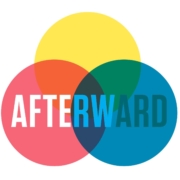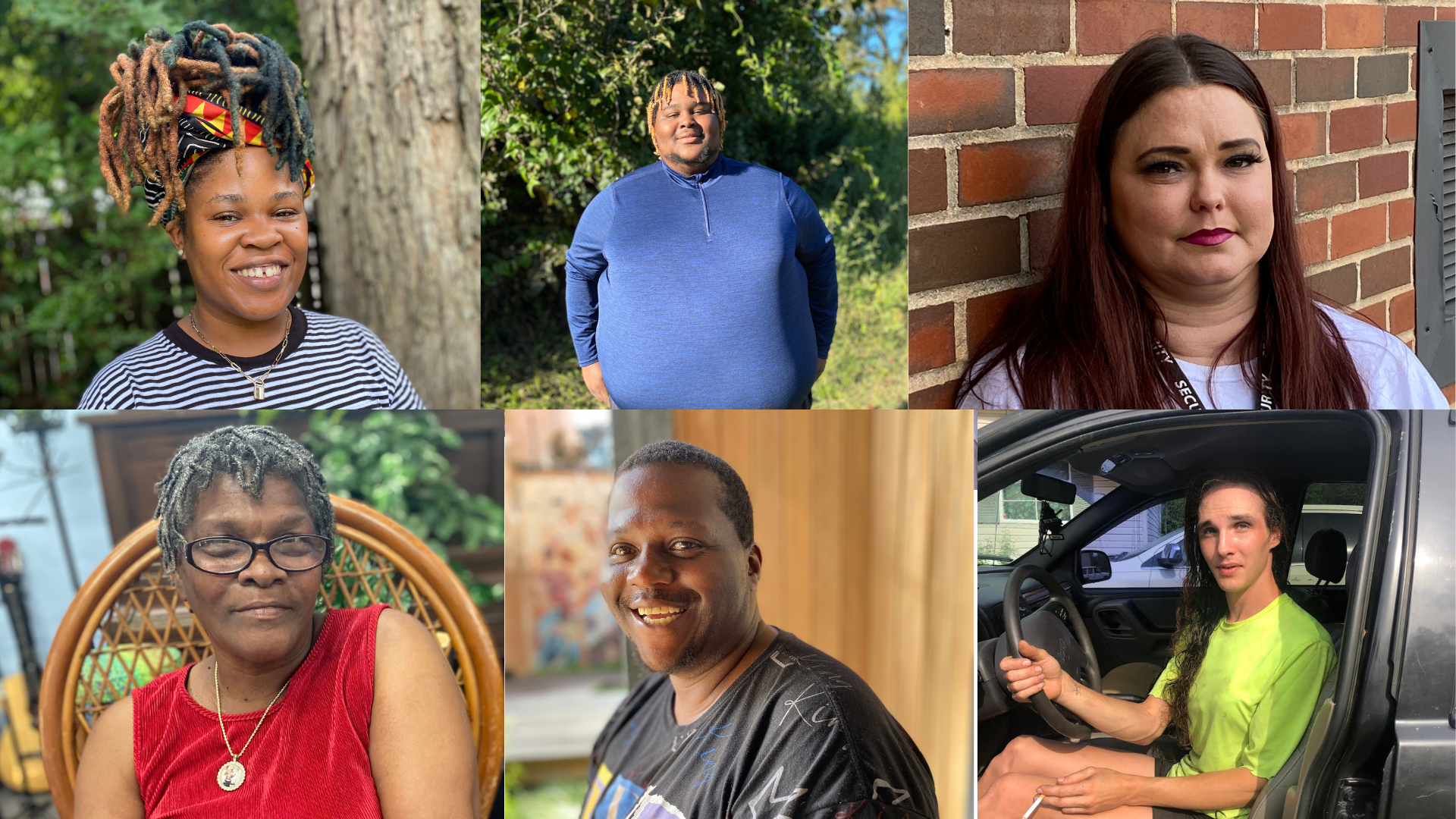As victim’s rights week draws to a close, we would like to share a bit more about why we published Afterward, who we are, and what we hope will come next.
By Leah Nelson, Research Director
Alabama Appleseed has built a reputation for thoughtfully elevating issues at the intersection of poverty, racism, and mass incarceration in Alabama. That intersection is fertile ground, and no single group could tackle every issue that it includes. For the last five years, we have mostly focused on issues impacting people who are accused or convicted of crimes: fines and fees, drug policy, Alabama’s Habitual Felony Offender Act, and the state’s brutal prisons.
Like mass incarceration and the criminalization of poverty, violent victimization also lives at the intersection of poverty, racism, and mass incarceration in Alabama. As we developed deeper relationships, we heard more and more about times the people we were talking with had experienced violent victimization within their communities. We heard from people who were frustrated at being pulled over repeatedly for things like busted headlights, but who also wondered why police couldn’t prevent the seemingly endless cycle of shootings and retaliatory violence in their neighborhoods. We heard from people who were relieved when the people who harmed them or killed their loved ones were arrested or convicted, but who also felt appalled at the lengthy sentences, including capital punishment, that had been imposed.
There is no conflict in caring about the people who are harmed by mass incarceration in Alabama and also caring about the people who are harmed by crime in Alabama. As we have learned in our years documenting the experiences of marginalized communities in Alabama as they interact with the justice system, they are very often the same people.
Afterward is an attempt to chronicle that reality, to demonstrate that our lives and communities are more complicated than the reductive narratives so often handed to us, and to delve into the ways we are all shaped by the hard parts.
Why us?
The Appleseed staffers and consultants who contributed to this report include people impacted by many of the harms we document here. Among us are formerly incarcerated people; people who have experienced violent victimization, sexual violence, and the loss of loved ones to homicide and incarceration; people who live with serious mental health challenges; and people who live or have lived in communities with high levels of violence.
Some of us live and always have lived very privileged lives; others, not so much. We are all Alabamians by birth or by choice. And we all want to see this complicated place we call home thrive.
We are grateful to all the people who shared their personal stories with us as we traveled the state to develop this report.
What next?
Afterward is not a report about crime and punishment, but about what happens after people have experiences that are unmanageable. How they carry on in the wake of trauma and loss. What they do with themselves and to themselves—and with and to their communities—in the aftermath.
We hope Afterward goes toward creating space for everyone we spoke to across Alabama who needs it and forms the basis of a nuanced conversation about how we can build a more inclusive response to what happens after violence occurs.







Leave a Reply
Want to join the discussion?Feel free to contribute!